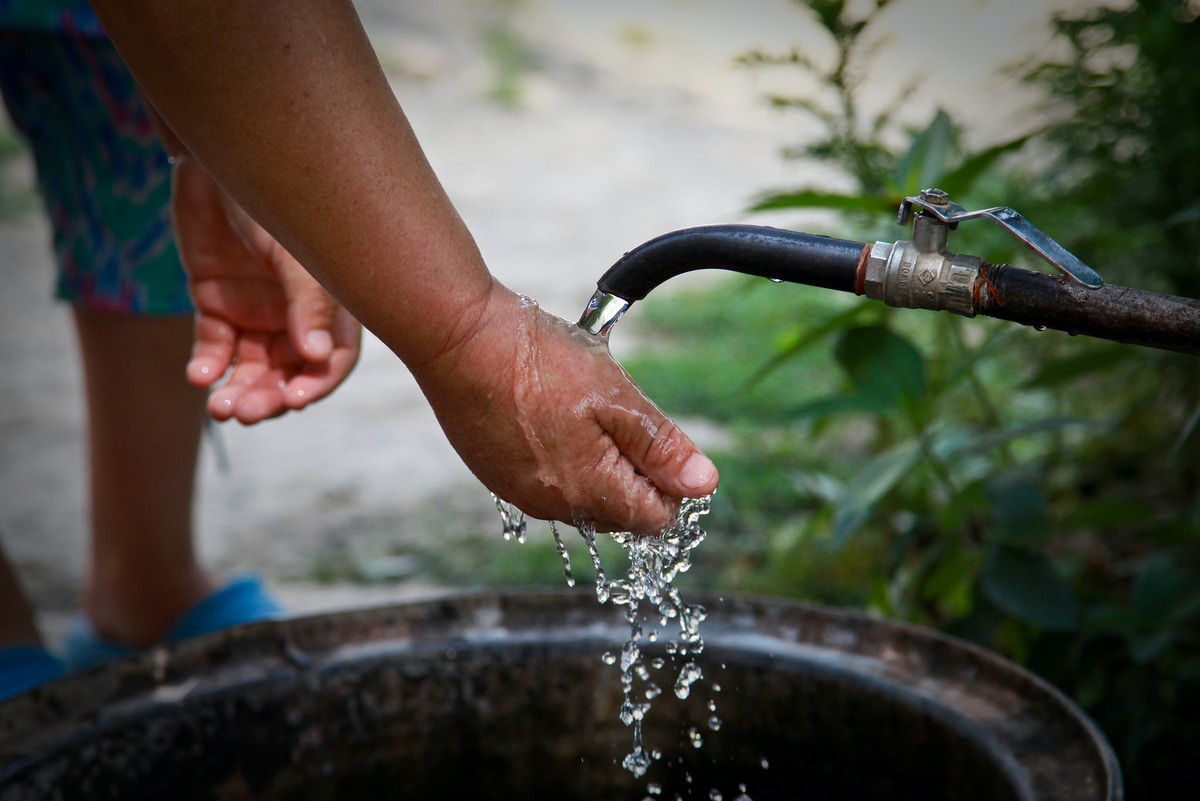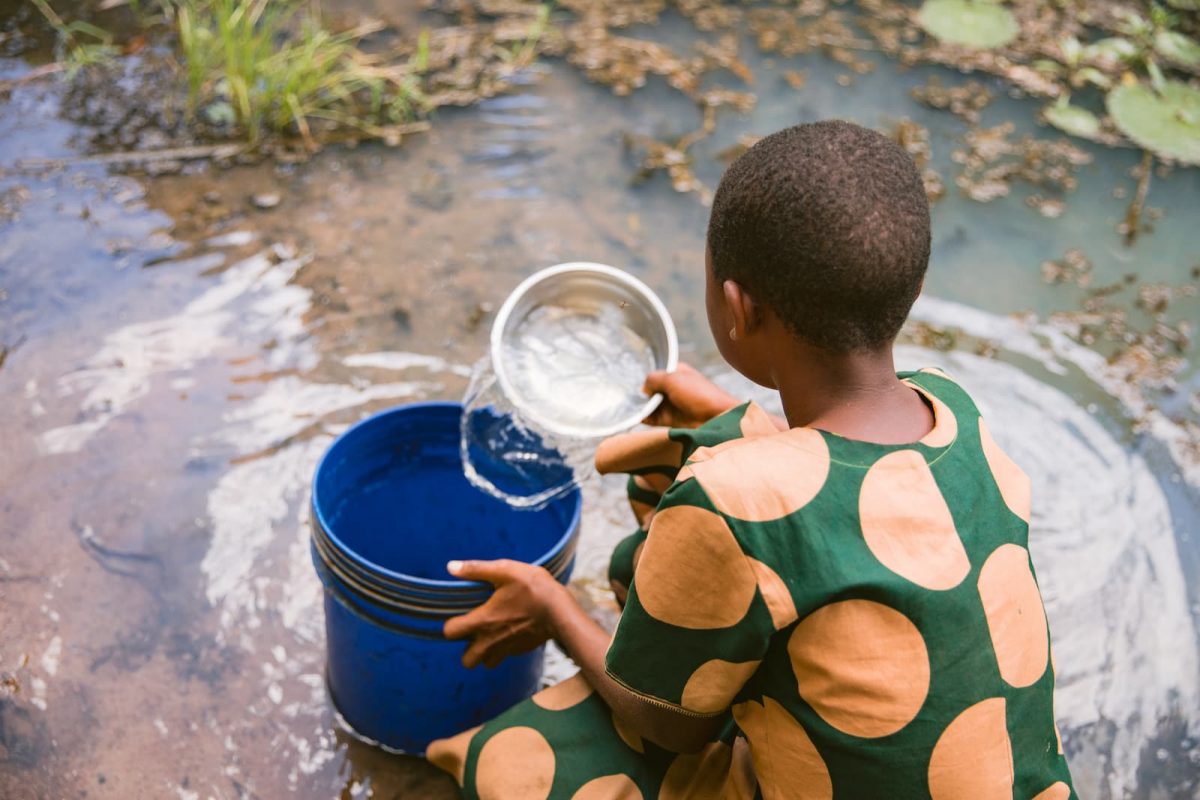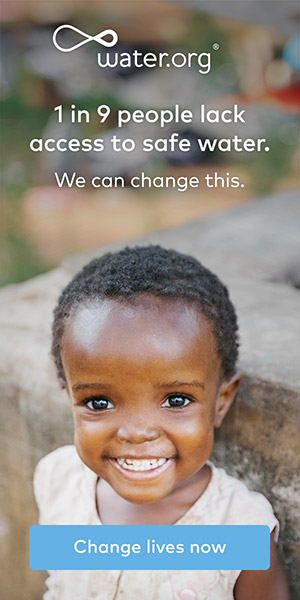
Clean water ought to be a human right, but as of late, it remains to be a privilege, with over 40% of the world’s population without access to it. In fact, it was projected by UN Water that by 2025, the number of people suffering from this scarcity would rise up to 1.8 billion.
This is not only a crisis of water access. The current insufficiencies of water supply and the continual demand for it may threaten many sectors, including health, economy, and food security. It must be noted that 70% of freshwater we have access to is already directed to agriculture, and in all honesty, we will need more if we want to maintain peace, security, a healthy environment, and a sustainable economy. That said, this issue of water scarcity might be worth the discussion.
The Brunt on Developing Countries
While this crisis on clean water access affects the entire world, the brunt of this struggle burdens developing countries even more. Furthermore, these same areas are affected by other problems like sickness and flooding.
That said, the lack of access to clean water also means poor water quality, which causes 80% of illnesses in these countries. To top it all off, the horrible sanitation also disproportionately affects girls and women in these areas. This consequence can be terrible for the economy in the long run, given that girls and women are considered the natural managers of our resources, particularly in small-scale farming and household affairs. They are also among the agents for practices involving sustainable water management.

Addressing the Global Issue
The United Nations set up an assembly for a 2030 initiative geared towards Sustainable Water Development. In this convention, there are currently 17 goals to achieve, with each specifically aiming to solve the sanitation issue as a priority.
The four-step plan includes the following:
- To manage our water resources, secure the quality, and improve access to said resources in demographics, including women and girls.
- To ensure that the water sources with which women and girls have access to are safe and affordable.
- To encourage proper sanitation and hygienic habits to avoid the proliferation of illnesses in areas of concern.
- To enact regulations and laws that protect water-related ecosystems and restore the safety and integrity of these waterscapes.
A Show of Support
Given the initiatives of the United Nations for the water access of developing countries, we at Stepping Up Water would like to show our support as well.
We understand how vital water is to our survival as a society and how scarcity directly affects many critical issues concerning the development of sustainable solutions for agriculture, health, economy, energy, trade, and security. With that, we aim to bank on the existing international assistance and create a system that allows women, girls, and children unbridled access to adequate sanitation and clean water.
Ultimately, we believe that healthy water should be made available to all, especially the most vulnerable in society.
